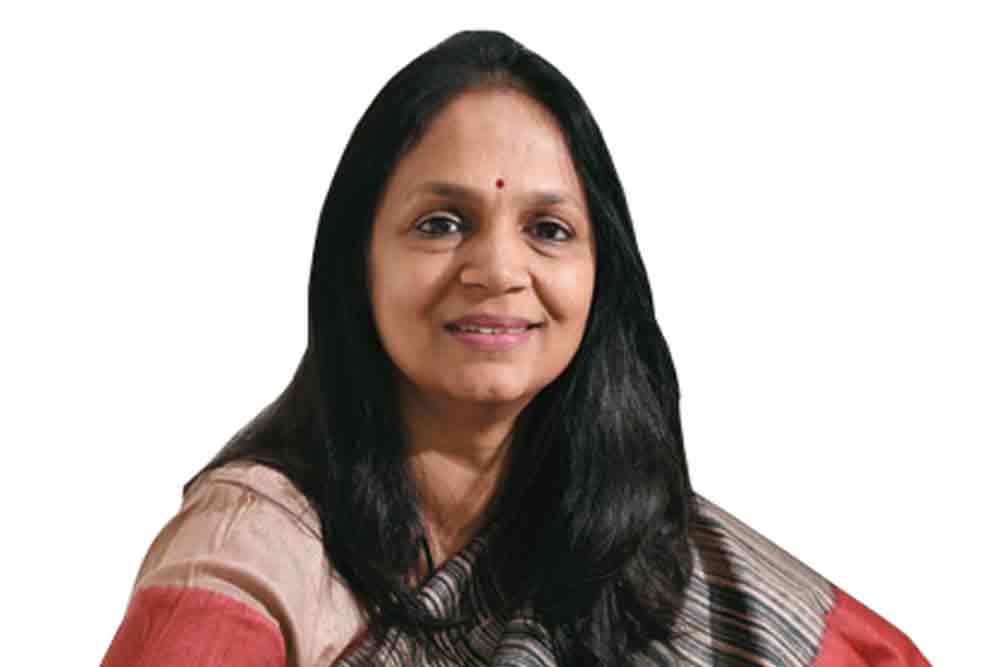From debates around “allowing” women to complete education and pursue a dream career to making a case for looking past gender divides when evaluating excellence, women finally hold their own in the society. To me, independence transcends finding that great job and bringing home the salary. Understanding financial management as a woman is empowerment in the true sense, notwithstanding your current income-generating ability.
Your savings and investments need to be channelled thoughtfully for specific purposes. This essentially means accounting, where capital expenses are met with capital income, and assets are not disposed to pay revenue or short-term expenses unless it is an emergency. Essentially, when we are about to delve into being financially empowered.
For complete wellness, the role of various components constituting “a healthy lifestyle” should be understood completely.
In the same vein, understand the fundamental difference between aspects such as net-worth components, income generating sources, and liquid and illiquid assets. A logical step further is categorisation of expenses under one-time and ongoing revenue expense buckets. Balancing the two through a hands-on knowledge, these components are your keys to financial empowerment. For someone with such an agile Asset-Liability Management view to money access to liquidity during emergencies is seldom an area of concern. There is adequate risk management provision and necessary back-ups in place, through potent financial instruments for risk-averse individuals.
Understanding “sources of income” is equally important. Income can refer to what remains after paying all expenses and taxes.
Sources of income can be predictable, liquid and one-off; take time to identify them. Your salary is (up to your retirement) a predictable source of income. Similarly, the interest generated on your fixed deposit is a predictable income over the long-term. The instance of the lump sum you will earn from your fixed deposit, can be set aside for future. The wealth (accumulated over the years) that lies with you then, determined by taking the overall market value of all physical and intangible assets owned (includes rent from lands, surplus property and shares), then subtracting all debts.
Expenses may be in the form of actual cash payments or spending on your current place of residence. Common sense dictates that one does not sell one’s assets to meet short-term expenses. An asset is only sold to create another. Remember, you may have a home when you retire, but this home will have a fixed set of expenses – have you planned to meet them?
A consistent increase in net worth entails faster growth of one’s assets than debts, indicating sound financial health. Inversely, when liabilities grow faster than assets, or when the value of assets drop, there is decrease in one’s net worth, illustrating financial problems.
The traditional outlook of looking at assets in our part of the world is looking at the home we live in and gold we use or own for accessorising as gauges of our “net worth”. What we forget is, they are not additional assets that generate revenue. Either of those “assets” will need to be sold to reap benefit of any sort, and if things must come to that, they, at best, play their part as a back-up plan in dire situations. Refrain from viewing them as your “back-up”.
In short, your networth is not the same as revenue -generation. Saving one’s earnings and investing them certainly is a valid motive.
However, women need to get involved in the entire financial management, because this is not necessarily about bringing in money yourselves. The idea is to develop the capability to differentiate between some fundamental concepts, foster the ability to match your situation and long-term aspirations to your expenses, and to allocate your investments accordingly.
It can be truly liberating to take charge of your systematic financial management.
The writer is the MD and CEO of IndiaFirst Life Insurance

